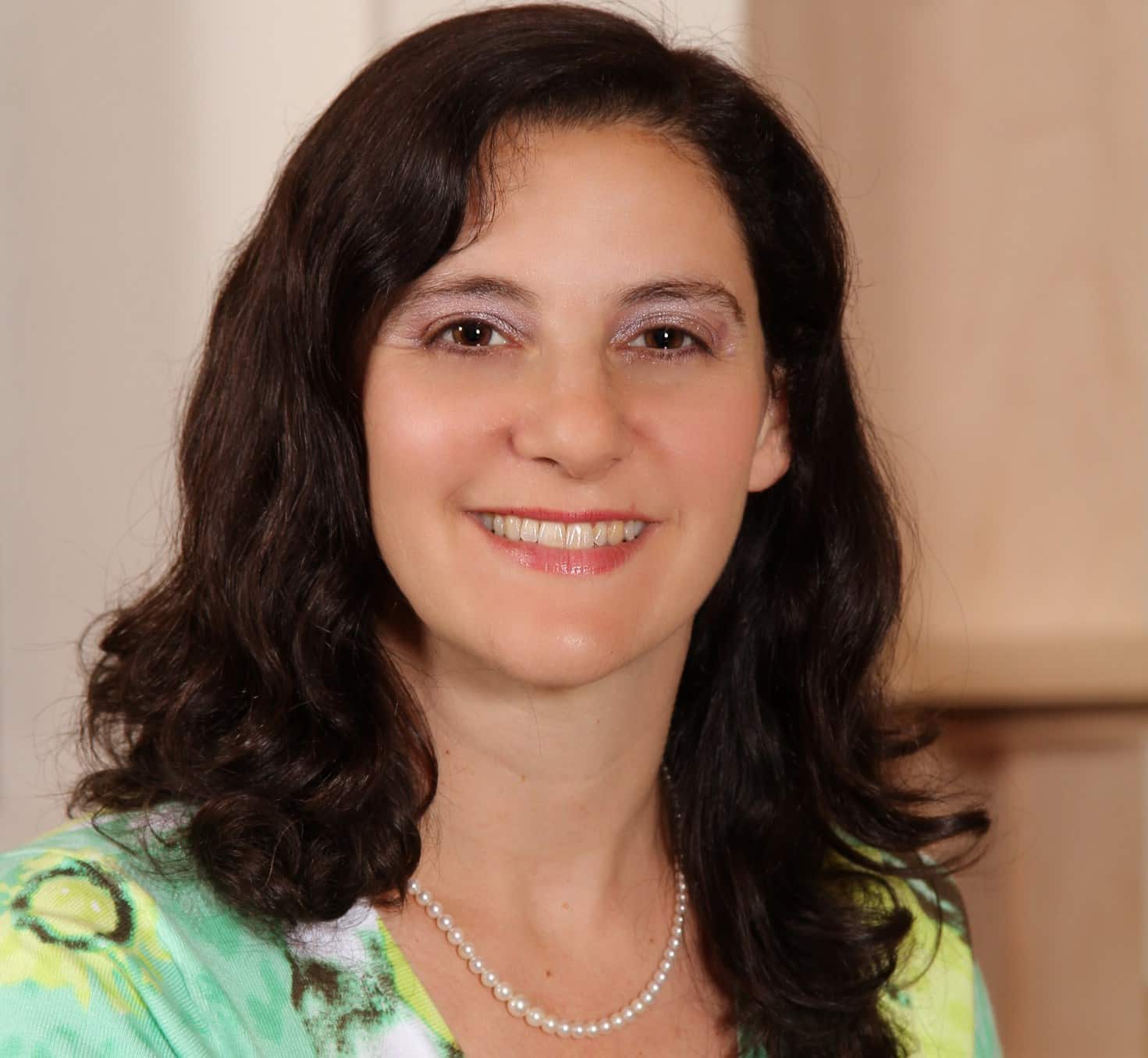Last week, having heard that Elie Wiesel passed away, I picked one of his books off my office bookshelf. What better way to honor Wiesel's memory than to read his words. Of course, I've read Night and others of Wiesel's writings, but this book was different. Open Heart is a memoir of Wiesel's experience of emergency heart surgery when he was eighty two.
Because of my father's work on the U.S. Holocaust Memorial Museum, Wiesel was a family friend. I remember vividly how during his speech at the opening of the museum in 1993, Wiesel turned to then President, Bill Clinton and called him to action about the former Yugoslavia saying, “we must do something to stop the bloodshed in that country!” Wiesel embodied the Jewish conscience – that “Never Again” means not merely Never Again to us – but never again to anyone.
In reading Open Heart, I feel that I got to know Wiesel personally in a way that I hadn't before – as he lets us into his operating room and into his heart. There, I came across a passage that stopped me in my tracks. It was Wiesel's mission statement – the purpose by which he lived his life. I read and reread the piece, savoring each phrase, unpacking it as one would a Talmudic text.
I was struck by the juxtaposition of events – that Wiesel's death was immediately followed by the shootings of Alton Sterling and Philando Castile, as well as of the five police officers in Dallas – Brent Thompson, Patrick Zamarripa, Michael Krol, Sergeant Michael Smith, and Sr. Cpl. Lorne Ahrens. In this turbulent time in our country and our world, Wiesel's words seem to be the exact message that we need to hear right now. Wiesel wrote:
A credo that defines my path:
I belong to a generation that has often felt abandoned by God and betrayed by mankind. And yet, I believe that we must not give up on either.
Was it yesterday-or long ago- that we learned how human beings have been able to attain perfection in cruelty. That for the killers, the torturers, it is normal, thus human to act inhumanely? Should one therefore turn away from humanity?
The answer of course, is up to each of us. We must choose between the violence of adults and the smiles of children, between the ugliness of hate and the will to oppose it. Between inflicting suffering and humiliation on our fellow man and offering him the solidarity and hope he deserves. Or not.
I know-I speak from experience-that even in darkness it is possible to create light and encourage compassion. That it is possible to feel free inside a prison. That even in exile, friendship exists and can become an anchor. That one instant before dying, man is still immoral.
There it is: I still believe in man in spite of man. I believe in language even though it has been wounded, deformed, and perverted by the enemies of mankind. And I continue to cling to words because it is up to us to transform them into instruments of comprehension rather than contempt. It is up to us to choose whether we wish to use them to curse or to heal, to wound or to console.
As a Jew, I believe in the coming of the Messiah. But of course this does not mean that the world will become Jewish; just that it will become more welcoming, more human. I belong, after all, to a generation that has learned that whatever the question, indifference and resignation are not the answer.
Illness may diminish me, but it will not destroy me. The body is not eternal, but the idea of the soul is. The brain will be buried, but memory will survive it.
Such is the miracle: A tale about despair becomes a tale against despair.
In this excruciating time in our country and our world, may our story about despair become a story against despair.























 More news and opinions than at a Shabbat dinner, right in your inbox.
More news and opinions than at a Shabbat dinner, right in your inbox.